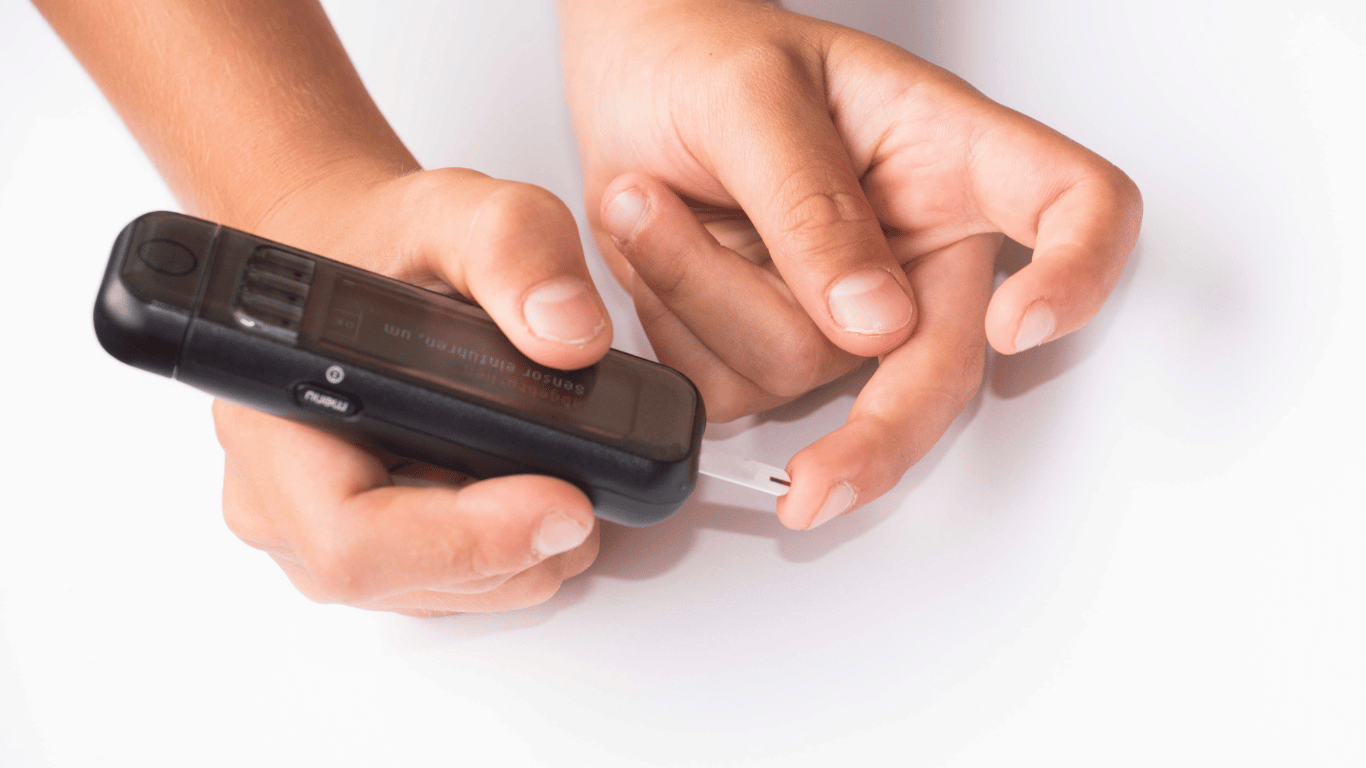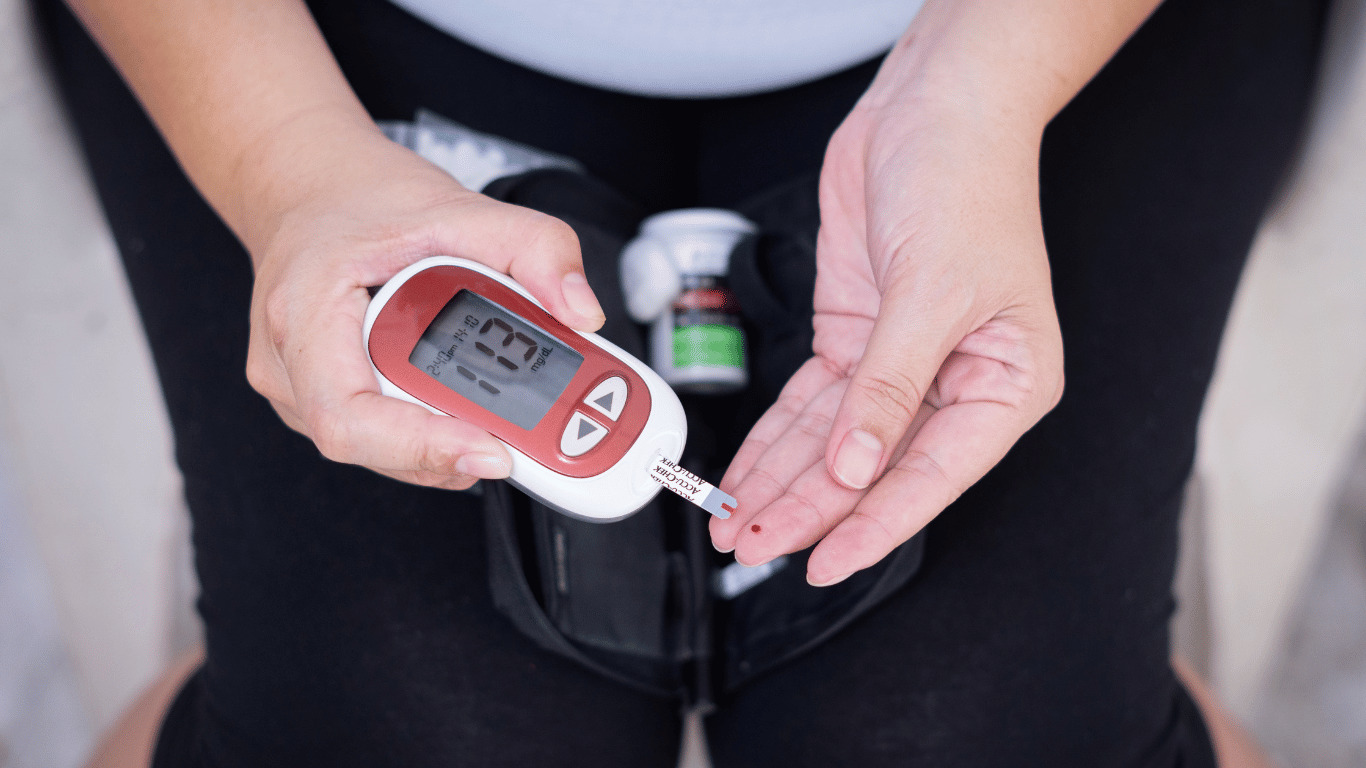At What Cholesterol Level is Medication Required?
Learn about cholesterol levels and when medication is required for heart health. Discover the ideal cholesterol ranges, benefits of lifestyle changes, and the role of medication in managing high cholesterol.
Cholesterol plays a crucial role in our bodies, but having high levels of cholesterol can lead to serious health risks, including heart disease and stroke. Monitoring cholesterol levels and making necessary lifestyle changes are vital to maintain good heart health. In some cases, cholesterol-lowering medication may be required to manage high cholesterol levels effectively. In this article, we will explore the recommended cholesterol levels, the importance of medication, and the factors considered in prescribing cholesterol-lowering drugs.
Understanding Cholesterol
Cholesterol is a waxy, fat-like substance that is present in every cell of our body and is essential for various bodily functions. It is carried through the bloodstream by lipoproteins. There are two main types of lipoproteins: low-density lipoprotein (LDL) and high-density lipoprotein (HDL).
LDL Cholesterol
LDL cholesterol, often referred to as “bad” cholesterol, can build up on the walls of blood vessels, leading to the formation of plaques. These plaques can restrict blood flow and increase the risk of heart disease and stroke.
HDL Cholesterol
HDL cholesterol, on the other hand, is known as “good” cholesterol because it helps remove LDL cholesterol from the bloodstream and transport it to the liver for excretion.

Importance of Monitoring Cholesterol Levels
Regular monitoring of cholesterol levels is essential to assess your heart health and identify potential risks. Elevated cholesterol levels often have no noticeable symptoms, making it crucial to get routine cholesterol checks as part of your preventive healthcare routine.
Desirable Cholesterol Levels
Ideally, individuals should aim to maintain healthy cholesterol levels to minimize the risk of heart disease. Desirable cholesterol levels are generally defined as:
- Total Cholesterol: Less than 200 mg/dL
- LDL Cholesterol: Less than 100 mg/dL
- HDL Cholesterol: 60 mg/dL or higher
- Triglycerides: Less than 150 mg/dL
Keep in mind that these values may vary slightly based on individual health factors and medical history.
Borderline Cholesterol Levels
Borderline cholesterol levels refer to values that are slightly above the desirable range but not yet at a level requiring medication. For example:
- Total Cholesterol: 200-239 mg/dL
- LDL Cholesterol: 100-129 mg/dL
- HDL Cholesterol: 40-59 mg/dL
- Triglycerides: 150-199 mg/dL
If you have borderline cholesterol levels, your doctor may recommend lifestyle changes to bring your levels within the desirable range.
High Cholesterol Levels and Health Risks
When cholesterol levels exceed the acceptable range, especially high LDL cholesterol, it significantly increases the risk of developing heart disease, atherosclerosis, and other cardiovascular conditions. High cholesterol levels can lead to the accumulation of fatty deposits in the arteries, narrowing them, and potentially causing blockages or blood clots.

Guidelines for Cholesterol Management
Managing cholesterol involves a two-pronged approach: lifestyle changes and, if necessary, cholesterol-lowering medication. Here are the key aspects to consider:
Lifestyle Changes for Cholesterol Control
Adopting a heart-healthy lifestyle can have a positive impact on cholesterol levels and overall cardiovascular health. The following lifestyle modifications are often recommended:
Diet and Nutrition Recommendations
A heart-healthy diet should include a variety of nutrient-rich foods, such as:
- Fruits and vegetables
- Whole grains
- Lean proteins (e.g., poultry, fish, legumes)
- Healthy fats (e.g., avocados, nuts, olive oil)
Limiting the intake of saturated and trans fats, as well as cholesterol-rich foods, is essential for cholesterol control.
Physical Activity and Exercise
Regular physical activity can help raise HDL cholesterol levels and improve overall cardiovascular health. Aim for at least 150 minutes of moderate-intensity exercise or 75 minutes of vigorous-intensity exercise per week.
Weight Management
If you are overweight, losing even a modest amount of weight can have a positive impact on cholesterol levels and heart health.
Smoking Cessation
Smoking damages blood vessels and lowers HDL cholesterol. Quitting smoking can significantly reduce the risk of heart disease.
Limiting Alcohol Consumption
Excessive alcohol intake can contribute to high triglyceride levels. If you drink alcohol, do so in moderation.
Role of Medication in Cholesterol Management
In some cases, lifestyle changes may not be sufficient to control cholesterol levels effectively. Cholesterol-lowering medication, such as statins, can be prescribed to help manage high cholesterol. These medications work by inhibiting the production of cholesterol in the liver, thereby reducing LDL cholesterol levels.
Statins: The Most Common Cholesterol Medication
Statins are widely used and effective in lowering LDL cholesterol levels. They are usually the first-line treatment for individuals with high cholesterol and a history of heart disease or other cardiovascular conditions.
Other Types of Cholesterol-Lowering Drugs
If statins are not suitable or sufficient, other medications like bile acid sequestrants, cholesterol absorption inhibitors, PCSK9 inhibitors, and fibrates may be considered.
Factors Considered Before Prescribing Medication
Before prescribing cholesterol-lowering medication, healthcare professionals will consider various factors, including:
- Overall cardiovascular risk
- Age and gender
- Presence of other health conditions
- Family history of heart disease
- Response to lifestyle changes

Determining the Need for Cholesterol Medication
Deciding whether cholesterol medication is necessary involves evaluating individual risk factors and cholesterol test results. Here’s what to consider:
Assessing Individual Risk Factors
Healthcare providers will assess various risk factors to determine the appropriate course of action:
Family History of Heart Disease
If you have close relatives with a history of heart disease, your risk of developing high cholesterol and related cardiovascular issues may be higher. Genetic factors can play a significant role in cholesterol levels, and this information is important for healthcare professionals to consider when evaluating your risk.
Age and Gender
Age and gender can influence cholesterol levels and the risk of heart disease. As individuals age, their cholesterol levels tend to increase. Men generally have higher cholesterol levels than premenopausal women, but after menopause, women’s cholesterol levels often rise to a level closer to that of men’s.
Blood Pressure Levels
Elevated blood pressure, also known as hypertension, can contribute to the development of atherosclerosis and increase the risk of heart disease. Healthcare providers will consider your blood pressure readings when assessing your cardiovascular risk.
Presence of Other Health Conditions
Certain health conditions, such as diabetes, obesity, and chronic kidney disease, can impact cholesterol levels and increase the risk of cardiovascular complications. Your healthcare provider will evaluate any existing medical conditions to determine the most appropriate treatment plan.
Previous Cardiovascular Events
If you have experienced a heart attack, stroke, or other cardiovascular events in the past, your healthcare provider will closely monitor your cholesterol levels and may recommend medication to prevent further complications.
Interpreting Cholesterol Test Results
To determine whether medication is required, healthcare professionals will review your cholesterol test results, which typically include the following measurements:
Total Cholesterol
Total cholesterol measures the overall amount of cholesterol in your blood, including both LDL and HDL cholesterol. A higher total cholesterol level may warrant further evaluation and intervention.
LDL Cholesterol (Low-Density Lipoprotein)
LDL cholesterol is the primary form of cholesterol associated with atherosclerosis and plaque formation. Higher levels of LDL cholesterol increase the risk of developing heart disease. Lowering LDL cholesterol is a primary goal in cholesterol management.
HDL Cholesterol (High-Density Lipoprotein)
HDL cholesterol helps remove excess cholesterol from the bloodstream and carries it to the liver for processing and excretion. Higher levels of HDL cholesterol are generally considered beneficial for heart health.
Triglyceride Levels
Triglycerides are a type of fat found in the blood. Elevated triglyceride levels can also contribute to cardiovascular risk, especially when combined with high LDL cholesterol.

Treatment Recommendations Based on Cholesterol Levels
Treatment plans for cholesterol management will depend on the severity of your cholesterol levels and overall cardiovascular risk. Here are the typical recommendations:
Lifestyle Management for Borderline Cholesterol
If your cholesterol levels fall into the borderline range, healthcare providers will likely recommend lifestyle modifications as the first line of defense against high cholesterol. This includes adopting a heart-healthy diet, engaging in regular physical activity, and maintaining a healthy weight.
Lifestyle Management for High Cholesterol
For individuals with high cholesterol levels but without significant cardiovascular risk factors, lifestyle changes may still be the primary approach to cholesterol management. These lifestyle modifications can help lower cholesterol levels and improve heart health.
Cholesterol Medication for Borderline Levels
In some cases, lifestyle changes alone may not be sufficient to bring borderline cholesterol levels into the desirable range. If this is the case, healthcare providers may consider prescribing cholesterol-lowering medication to help achieve optimal cholesterol levels.
Cholesterol Medication for High Cholesterol
For individuals with high cholesterol levels and an elevated cardiovascular risk, cholesterol-lowering medication is often recommended to effectively reduce cholesterol levels and lower the risk of heart disease and related complications.
Monitoring and Adjusting Treatment Plans
Regular monitoring of cholesterol levels is essential for individuals on cholesterol-lowering medication. Healthcare providers will assess how well the medication is working and whether any adjustments to the treatment plan are necessary to achieve target cholesterol levels.

Potential Side Effects and Considerations
While cholesterol-lowering medication can be effective in managing high cholesterol, like all medications, they may come with potential side effects and considerations.
Common Side Effects of Cholesterol Medication
Cholesterol-lowering drugs, particularly statins, can cause side effects such as muscle pain, liver abnormalities, and digestive issues. It’s crucial to report any unusual symptoms to your healthcare provider promptly.
Interaction with Other Medications
Some cholesterol-lowering medications may interact with other medications you are taking. Inform your healthcare provider about all the medications and supplements you use to avoid potential drug interactions.
Lifestyle Modifications in Conjunction with Medication
Even if you are taking cholesterol-lowering medication, lifestyle changes continue to play a vital role in managing cholesterol levels and promoting heart health. Combining medication with a healthy lifestyle can lead to better outcomes and reduce the required dosage of medication in some cases.
Conclusion
Knowing at what cholesterol level medication is required is essential for maintaining good heart health. Regular monitoring of cholesterol levels, adopting a heart-healthy lifestyle, and considering cholesterol-lowering medication when necessary can significantly reduce the risk of heart disease and related complications. Remember to work closely with your healthcare provider to develop a personalized treatment plan that best suits your unique health needs and goals.

Appendices
References
1. American Heart Association. (n.d.). Cholesterol. https://www.heart.org/en/health-topics/cholesterol.
2. Mayo Clinic. (2022). High Cholesterol. https://www.mayoclinic.org/diseases-conditions/high-blood-cholesterol/symptoms-causes/syc-20350800.
3. National Heart, Lung, and Blood Institute. (2021). High Blood Cholesterol. https://www.nhlbi.nih.gov/health-topics/high-blood-cholesterol.
FAQs
Q1: What are the recommended cholesterol levels for a healthy heart?
A1: Desirable cholesterol levels are generally considered to be less than 200 mg/dL for total cholesterol, less than 100 mg/dL for LDL cholesterol, 60 mg/dL or higher for HDL cholesterol, and less than 150 mg/dL for triglycerides.
Q2: Is cholesterol-lowering medication safe to use?
A2: Cholesterol-lowering medication, particularly statins, can be safe and effective for many individuals. However, like any medication, they may have potential side effects. It’s essential to work closely with your healthcare provider to monitor and manage any adverse reactions.
Disclaimer
The information provided in this article is for educational purposes only and should not be considered medical advice. Always consult with a qualified healthcare professional for personalized guidance on managing cholesterol levels and making healthcare decisions. The author and publisher disclaim any liability or responsibility for any direct or indirect consequences resulting from the use of the information presented herein.

Camellia Wulansari is a dedicated Medical Assistant at a local clinic and a passionate health writer at Healthusias.com. With years of hands-on experience in patient care and a deep interest in preventive medicine, she bridges the gap between clinical knowledge and accessible health information. Camellia specializes in writing about digestive health, chronic conditions like GERD and hypertension, respiratory issues, and autoimmune diseases, aiming to empower readers with practical, easy-to-understand insights. When she’s not assisting patients or writing, you’ll find her enjoying quiet mornings with coffee and a medical journal in hand—or jamming to her favorite metal band, Lamb of God.







